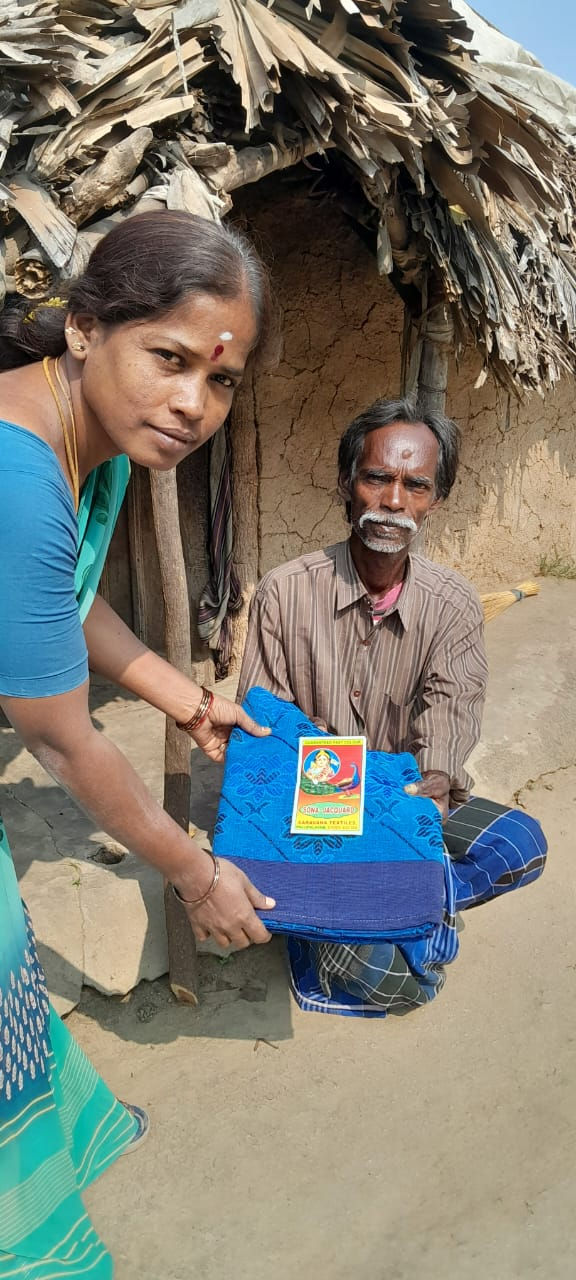SRED Participates in Earth Journalism Network (EJN) and Food Sovereignty Organized by APWLD
- tnwforum
- Aug 25, 2025
- 2 min read

Gajalakshmi attended two important regional meetings on behalf of Society for Rural Education and Development (SRED) in Sri Lanka – the “Together, We Change the Narratives” conference and the “Cultivating a Future with Feminist Food Sovereignty” regional meeting on food sovereignty. Both meetings created spaces to amplify grassroots voices and strengthen collective action.
Together, We Change the Narratives
The meeting brought together activists, journalists, and community representatives to highlight how narratives can be changed by amplifying women’s voices across all their diversities, including caste, indigenous identity, religion, LGBTQIA+, disability, and class. Participants committed to creating safe and caring spaces, sharing resources, and producing impactful stories that inspire change. When activists use these stories, governments are often compelled to set up investigations and take action.


They pledged to consciously include women’s voices in every story, to portray women as leaders and decision-makers rather than only as victims, and to ensure women’s representation in data collection and sourcing of stories. Commitments were also made to build the capacity of grassroots women to tell their stories through a feminist perspective, to create micro-networks of journalists, grassroots women, minorities, and marginalized communities for resource-sharing, and to foster safe spaces for ongoing dialogue on intersectional rights. These practices were emphasized as concrete actions that can yield tangible and lasting results.
Cultivating a Future with Feminist Food Sovereignty
From August 20–22, 2025, in Colombo, Gajalakshmi participated in the Regional Conference on Food Sovereignty organized by APWLD.

On the first day, the program began with the introduction of participants from 13 countries and an overview of APWLD’s three-day agenda. A timeline of food injustices was presented, tracing historical struggles from the colonial era in 1942 to the agrarian crises of 2025. Participants reflected on how institutions and state policies have shaped these injustices. Six groups were then formed, each receiving funding to produce research and reports, which were later shared and discussed in plenary sessions.
On the second day, a documentary on the SRED Pallur Dalit Collective Farm was screened, followed by a presentation from Gajalakshmi, who spoke about land rights, the experiences of collective farming, and its current status. Discussions also examined the role of corporations, the UN, FAO, WTO, TNFC, state policies, the World Bank, media, financial institutions, the military, and banks in influencing food systems. Women participants then split into three groups to explore feminist approaches to food sovereignty, reflecting on conditions 20 to 30 years ago compared to the present.


On the third day, participants again divided into groups to focus on key issues such as land and groundwater rights, agroecology, seeds, and trade unions. In this session, Gajalakshmi shared reflections on the next steps for collective action. She also responded to questions about her work, explaining that she is engaged at both local and national levels while actively participating in international networks including PCFS, PANAP, ARWC, APC, and AEF. These connections ensure that SRED remains strongly linked to broader regional and global food sovereignty movements.












Comments